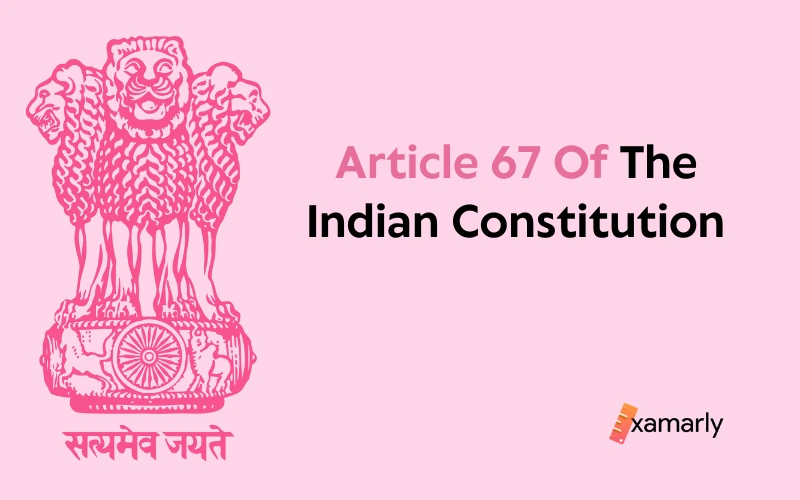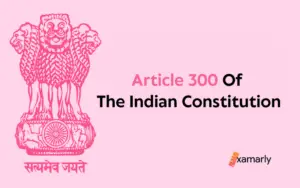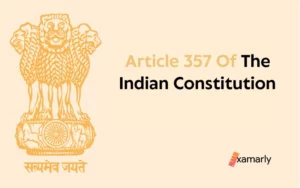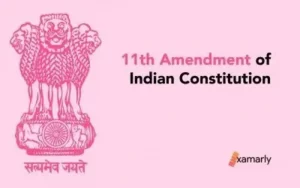Article 67 of the Indian Constitution deals with the duration of India’s Vice-President’s office.
The Vice-President of India’s post is covered in Part V of the Indian Constitution under Chapter I (Executive).
The vice-President is an ex-officio chairman of the Upper House of Parliament.
The second-highest constitutional office in India is that of the vice president.
He has a five-year tenure, however, he is eligible to remain in office until the replacement takes over, regardless of when his term ends.
Let us look at Article 67 to figure out the provisions regarding the duration of office of India’s Vice-President.
Article 67 Of The Indian Constitution
The Vice President’s tenure in office begins on the day he or she assumes the position and lasts for five years, provided that—
- (a) A Vice-President may resign from office by writing a letter addressed to the President under his hand;
- (b) A Vice-President may be removed from office by a resolution of the Council of States approved by the House of the People and passed by a majority of all the Council’s then-members; however, no resolution for the purposes of this clause may be moved unless at least fourteen days’ notice of the resolution’s intention has been given;
- (c) A Vice-President shall continue to hold office despite the term’s expiration until his successor is elected.
How Long Does The Vice President’s Term Of Office Last?
Vice Presidents serve in their positions for a period of five years starting on the day they take office. By submitting his resignation to the President, he may, however, leave his position sooner than five years.
Below are some additional scenarios that could lead to a vice president vacancy:
- As soon as his five-year tenure is up
- When he steps down voluntarily
- When he is terminated by passing a resolution for removal
- Upon his demise
- The moment that his election is pronounced invalid
Is The Vice President Also Impeached As India’s President?
Contrary to the president of India, who is susceptible to an official impeachment procedure, the vice president is not.
A resolution can be passed by Rajya Sabha with a simple majority, and it can also be passed by Lok Sabha.
Furthermore, the constitution of India does not include a reason for the Vice-President’s removal, in contrast to the President, who can be impeached for “Violation of Constitution.”
To learn about the Powers And Functions Of Lok Sabha and Rajya Sabha, visit the linked article.
Conclusion
Article 67 provides a provision that outlines how long Vice-President can hold an office and how he or she can resign or have to step down from office.
The Vice President has the second-highest office in the country and is in office for a period of five years from the time he took up his position.
Until his successor takes over, the vice president may continue in office beyond his five-year tenure. He can run for re-election to that position as well.
He is eligible to run for as many terms as he wants.
For Further Readings:
| Article 63 Of The Indian Constitution | Article 68 Of The Indian Constitution |
| Article 102 Of The Indian Constitution | Article 103 Of The Indian Constitution |
FAQs On Article 67
Where Resolution Can Be Passed To Step Down The Vice-President From The Chair?
A removal process can be started when members of the Rajya Sabha vote to remove the vice president with an effective majority and when members of the Lok Sabha agree with this decision with a simple majority. There is no official process of impeachment to remove a vice president. Prior to starting the Vice President’s impeachment process, a 14-day notice must be given.
Can Vice President Hold His Office After The End Of His Tenure?
The Vice-President may continue in office past his five-year tenure till his replacement takes over as per the clause (c) of article 67 of the Indian Constitution.






